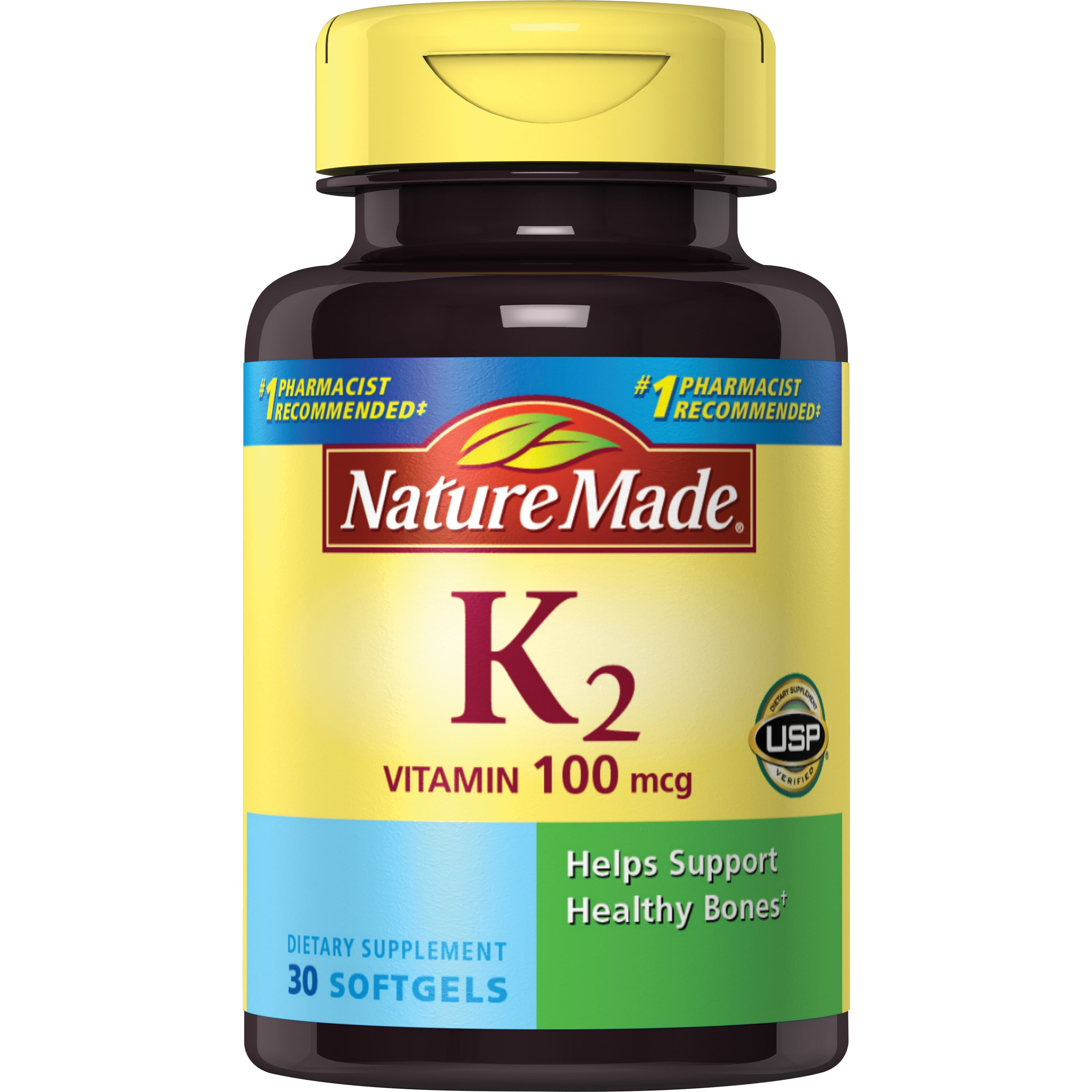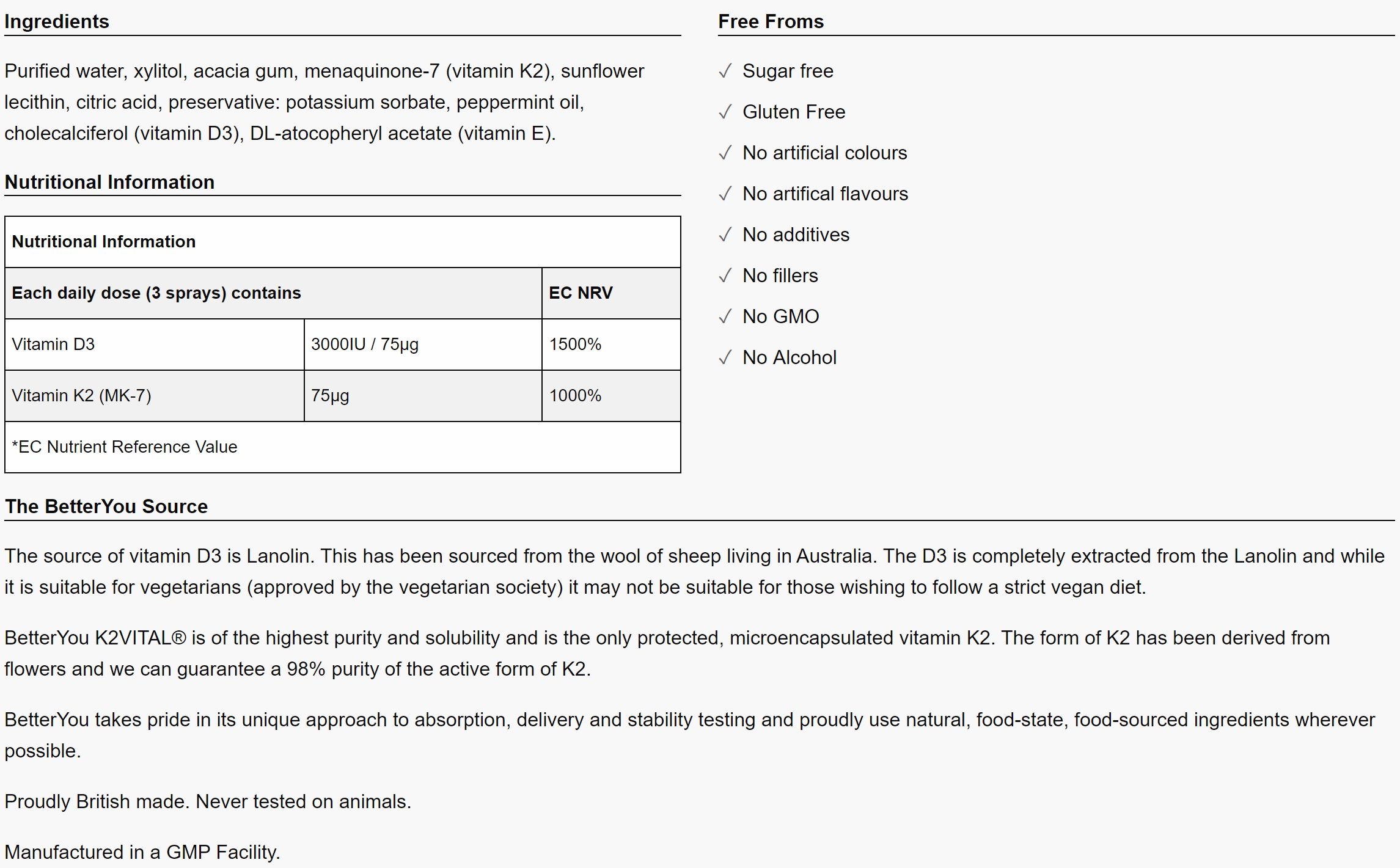

Vitamin K integrates calcium into bones and teeth, preventing it from being deposited in soft tissues, such as the kidneys or arteries-important, since calcium deposits in the kidneys are linked with kidney diseases, and the buildup of calcium in blood vessels increases the risk of coronary artery disease, heart attacks, and stroke. But vitamin D alone doesn’t dictate where the calcium you ingest ends up. Vitamin D promotes calcium absorption in the gut and maintains proper blood levels of calcium to meet the body’s needs. In the body, vitamin K is crucial for the normal clotting of blood, and it also plays an important role in working alongside vitamin D to form healthy bones. Less common is vitamin K2, found in small amounts in animal products and fermented foods. The most common is vitamin K1, found in spinach, kale, and other dark, leafy greens, which accounts for 75–90 percent of the vitamin K consumed by humans. And you’re probably taking a daily D-but are you taking it the right way? Some research suggests that vitamin K in combo with vitamin D greatly enhances the sunshine vitamin’s bone-building benefits-and supplementing with just vitamin D if you’re low in vitamin K could even be harmful. You already know the benefits of vitamin D for building stronger bones, reducing inflammation, and enhancing immunity (especially important right now). Take 1 chewable tablet daily or as directed by your healthcare provider.Heading out the door? Read this article on the new Outside+ app available now on iOS devices for members! Supports healthy mood and stress levels.Supports cardiovascular function and healthy, flexible arteries.Supports bone health and proper calcium utilization and storage.One chewable vitamin D 3K 2 tablet provides 100 mcg of MK-7, a highly bioactive form of vitamin K 2, and 5000 IU of a highly bioavailable form of vitamin D 3 (cholecalciferol). Vitamin D is also crucial for activating the body’s immune defenses, and vitamin D receptors in the brain may affect proteins associated with mood, learning and memory, and motor control. Vitamin K 2 as MK-7 is the most bioavailable form and more powerfully influences bone building than other forms, and vitamin D is more than just a vitamin – it influences more than 2,000 genes in the body. The combined approach not only benefits bone and cardiovascular health but overall health as well.

It’s well-known vitamin D assists calcium absorption, but it’s vitamin K that guides the calcium to bones and prevents its absorption into organs, joint spaces, and arteries, including heart arteries, which can be problematic. Vitamin D 3 and vitamin K 2 are essential micronutrients many people don’t get enough of and taking them together is ideal.


 0 kommentar(er)
0 kommentar(er)
